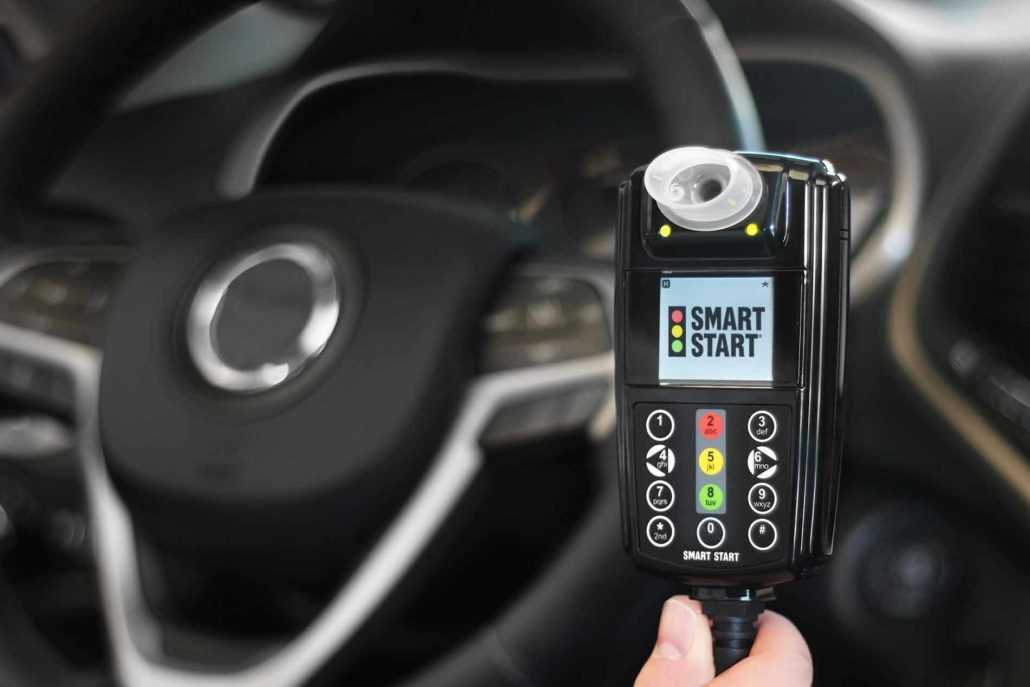If you’ve been arrested for driving under the influence in Texas, you might already know how high the stakes can be. Jail time, license suspension, steep fines—it’s a lot. But before you panic or plead guilty on impulse, it’s essential to understand a crucial piece of the legal puzzle: Texas DUI plea bargain options. These options can sometimes soften the blow of a conviction, reduce charges, or help you avoid jail altogether.
This guide walks you through Texas DUI plea bargain options explained in a clear, realistic way. We’ll cover how plea bargains work, what options might be available depending on your record and the county you’re in, and what to expect if you’re considering one. You’ll also hear real-world stories of what happened when other Texans faced the same situation.
Whether you’re navigating your first DUI charge or helping someone else make sense of the legal process, this article aims to equip you with practical knowledge and a strategy-first mindset.

What Is a DUI Plea Bargain?
Breaking It Down in Simple Terms
In Texas, a plea bargain is essentially a deal between you and the prosecution. Instead of going to trial and risking a harsher penalty, you agree to plead guilty or no contest to a lesser offense or accept a reduced sentence.
The benefit? You know exactly what you’re agreeing to—and you avoid the uncertainty and expense of a full-blown trial.
For DUI cases, plea bargains are common but not guaranteed. Prosecutors weigh several factors before offering one, including:
- Your BAC at the time of arrest
- Whether there was an accident
- If anyone was injured
- Prior DUI/DWI convictions
- Your behavior during the stop and arrest
Understanding how Texas DUI plea bargain options work can put you in a much better position to negotiate effectively—or to decide if going to trial is worth the risk.
Is There a Difference Between DUI and DWI in Texas?
Why Terminology Matters
In Texas, the term “DUI” is technically reserved for minors under the age of 21 who are caught driving with any detectable amount of alcohol in their system. Adults are typically charged with DWI (Driving While Intoxicated) under Texas Penal Code § 49.04.
That said, many people use DUI and DWI interchangeably, especially when searching for legal help or researching plea options. So when we refer to Texas DUI plea bargain options explained, we’re mostly talking about adult DWI cases, unless otherwise noted.
Real-Life Story: Sarah’s Sobering Experience
Sarah, a 28-year-old teacher from San Antonio, had her first run-in with the law after attending a bachelorette party. She got pulled over for a busted tail light and admitted to “just a couple of drinks.” Her BAC came back at 0.10.
She was scared. She’d never been arrested before, and the idea of going to trial overwhelmed her. Her attorney negotiated a plea deal that reduced her DWI charge to obstruction of a passageway, a Class C misdemeanor. She paid a fine, completed community service, and avoided a permanent DWI conviction on her record.
Sarah’s case is a perfect example of how understanding Texas DUI plea bargain options can open the door to second chances.
The Most Common DUI Plea Bargain Options in Texas
What Can Your Charges Be Reduced To?
Now let’s dive into what types of plea bargains are commonly offered in DUI/DWI cases in Texas:
1. Obstruction of a Passageway
- Typically used as a reduced charge for first-time offenders
- Misdemeanor with no DWI label
- Involves a fine and possibly community service
- Often avoids license suspension andignition interlock devices

2. Reckless Driving
- Another lesser offense compared to DWI
- Carries less stigma than a DWI conviction
- May still impact your insurance or driving record
3. Deferred Adjudication (Only in Some Counties)
- You plead no contest or guilty, but the court defers a finding of guilt
- If you complete probation, the case may be sealed
- Not available for all DWI offenses, especially if your BAC was high or there was an accident
4. Pre-Trial Diversion Programs
- Designed for first-time offenders with clean records
- Involves classes, alcohol counseling, and probation-style supervision
- Completion often results in dismissal of the charge
- Very county-specific and subject to prosecutorial discretion
Knowing what’s on the table gives you leverage, and that’s a big part of why Texas DUI plea bargain options explained is such an important topic for anyone charged with DWI.
What Prosecutors Consider Before Offering a Plea Deal
It’s Not Just About the Arrest
Prosecutors don’t offer plea deals out of kindness. They consider several strategic factors, including:
- Strength of the evidence: If your arrest video shows questionable behavior by the officer or there’s a lab error, they may push for a plea.
- Court backlog: Crowded dockets sometimes encourage quicker resolutions.
- Victim impact: If nobody was injured, they’re more likely to offer leniency.
- Your history: Clean record? You’re a stronger candidate for a deal.
One critical part of understanding Texas DUI plea bargain options is knowing that these deals are all about negotiation—having a good lawyer who can highlight weak spots in the case makes a world of difference.
Should You Accept a Plea Bargain?
Pros and Cons to Weigh
There’s no one-size-fits-all answer, but here are some things to consider:
Pros:
- Avoid a DWI conviction that could affect jobs, housing, and licensing
- Save money on legal fees associated with a full trial
- Avoid jail time, especially for first-time offenders
- Move on faster, which can be emotionally and financially beneficial
Cons:
- You’ll still have a criminal record (unless sealed or expunged)
- The deal may include probation, fines, and other conditions
- Some plea deals might not be better than fighting the case at trial
- Accepting a plea waives your right to appeal
If you’re seriously considering a deal, be sure your attorney has walked you through all outcomes. Understanding the full spectrum of Texas DUI plea bargain options explained can help you make the most informed decision possible.

Real-Life Story: Carlos Chose Trial—And Won
Carlos was pulled over in Dallas after weaving through traffic. He failed the field sobriety test but refused a breathalyzer. The DA offered him a deal: reduced charges in exchange for a guilty plea.
But Carlos knew he wasn’t intoxicated and had video footage from a nearby business that showed he was walking straight and speaking clearly. His lawyer pushed for trial.
The jury returned a not-guilty verdict in just 45 minutes.
Carlos’s story reminds us that Texas DUI plea bargain options should always be considered carefully—sometimes the best option is not taking the deal at all.
County Differences: Why Location Matters in Texas DUI Cases
Justice Isn’t Always Uniform
Texas is big, and how DUI plea bargains are handled can vary significantly from one county to the next. Some examples:
- Travis County (Austin) is known for its diversion programs and progressive alternatives.
- Montgomery County has a reputation for strict DWI enforcement and minimal plea deals.
- Bexar County (San Antonio) may allow obstruction of passageway pleas more often.
- Harris County (Houston) has expanded use of pretrial intervention programs in recent years.
When considering Texas DUI plea bargain options, knowing your local court culture is crucial. A good attorney will tailor your defense and negotiation approach based on where your case is being handled.
How to Strengthen Your Position Before a Plea Bargain
Proactive Steps That Matter
If you want to increase your chances of securing a favorable plea deal, here’s what you can do:
- Enroll in an alcohol education class even before the court orders it
- Attend a victim impact panel voluntarily
- Get a substance abuse evaluation and follow recommendations
- Show proof of community involvement (volunteering, school, work)
- Avoid getting in more trouble while your case is pending
These steps demonstrate responsibility and remorse—two qualities prosecutors like to see when considering reduced charges.
Part of mastering Texas DUI plea bargain options is knowing that how you present yourself matters just as much as the facts of the case.
What Happens After a Plea Deal Is Accepted?
Life After the Courtroom
Once you accept a plea bargain, you’ll likely face several conditions, such as:
- Paying fines and court costs
- Completing probation
- Possibly installing an ignition interlock device
- Completing community service hours
- Attending alcohol or drug education programs

Violating any of these terms can lead to serious consequences—including revocation of the deal and jail time. This is why understanding what happens after the plea is just as important as choosing whether to accept one in the first place.
Final Thoughts: Texas DUI Plea Bargain Options Explained
Facing a DUI charge in Texas is no small matter, but plea bargains can offer a path toward minimizing the damage. Whether you’re hoping for a reduced charge, a clean record through diversion, or just trying to avoid jail, knowing your options is half the battle.
The key to success lies in understanding Texas DUI plea bargain options explained clearly and thoughtfully. With the help of an experienced DUI attorney, you can assess the strengths and weaknesses of your case, understand the culture of your local court, and decide on the best strategy moving forward.
Remember, what you agree to today can affect your life for years to come. So negotiate wisely, stay informed, and don’t rush into decisions that could define your future.

